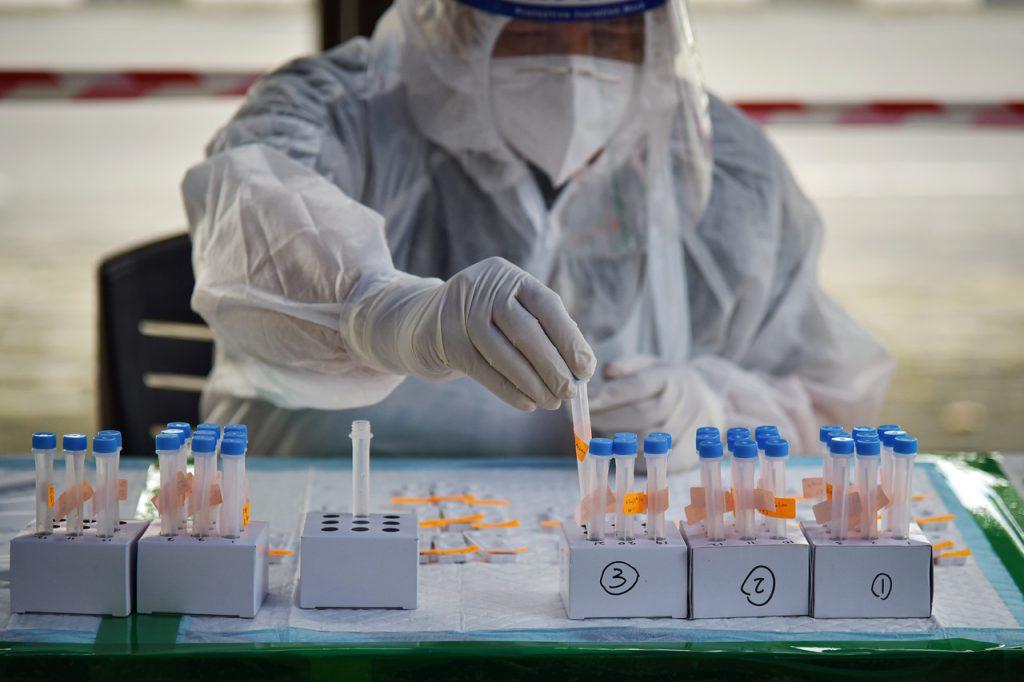Singapore study finds throat spray effective in reducing spread of Covid-19
The study found that the frequency of Covid-19 infection was significantly lower in participants receiving hydroxychloroquine and povidoneiodine throat spray compared with vitamin C.
Just In
A team of clinician-scientists in Singapore has found that oral hydroxychloroquine and povidone-iodine throat spray are effective in reducing the spread of Covid-19 infection in high transmission settings.
The study findings were published in the International Journal of Infectious Diseases, following a randomised clinical trial conducted among 3,037 healthy migrant workers quarantined in Tuas South Dormitory, a large multi-storey dormitory.
“The repurposing of existing drugs is an important global strategy against Covid-19,” said lead author Raymond Seet, a senior consultant at the neurology division at the National University Hospital’s (NUH) Department of Medicine.
“Until mass vaccination is successfully implemented globally, non-pharmacological interventions such as masking and physical distancing are the only proven measures to mitigate transmission of Covid-19,” he added.
The study found that the frequency of Covid-19 infection was significantly lower in participants receiving hydroxychloroquine and povidoneiodine throat spray as compared with vitamin C used as a comparator medication, while no statistical differences observed between zinc/vitamin C and ivermectin, compared with vitamin C.
Reduction in the incidence of SARS-CoV-2 infection in the hydroxychloroquine and povidoneiodine throat spray groups remained statistically significant after adjustments were made for potential confounders such as previous room exposure, age, nationality, compliance with medications and baseline seropositivity within the same cluster.
“These drugs could be used to complement existing safety measures in settings where transmission is high while awaiting rollout of a vaccine.
“Further research could analyse the effects in other populations such as older people and women, and in those with compromised immune system and other significant comorbidities, over more prolonged periods of time,” said Seet.
The team of clinician-scientists are from NUH, NUS Yong Loo Lin School of Medicine (NUS Medicine); NUS Saw Swee Hock School of Public Health, National University Cancer Institute, Singapore and National University Heart Centre, Singapore.
Subscribe to our newsletter
To be updated with all the latest news and analyses daily.
